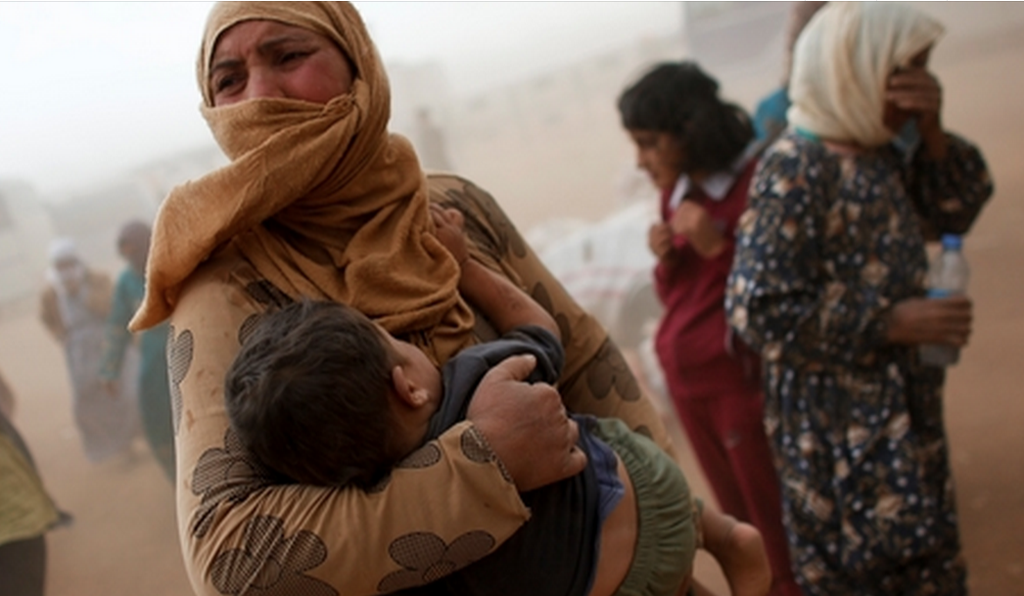The following information is based on the Amnesty International Report 2021/22. This report documented the human rights situation in 149 countries in 2021, as well as providing global and regional analysis. It presents Amnesty International’s concerns and calls for action to governments and others.
NAMIBIA 2021
Police repeatedly used excessive force. The use of prolonged and indefinite pre-trial detention was exacerbated under Covid-19 restrictions. Gender-based violence remained widespread and LGBTI people faced discrimination. There was a shortage of Covid-19 vaccine supplies. Oil and gas exploration threatened the environment and Indigenous peoples’ livelihoods. A commission recommended that the government enact legislation to protect ancestral land rights. The president was implicated in corruption allegations.
Excessive use of force
In April, a man with disabilities was assaulted by police officers before he and his sister-in-law were arrested for violating Covid-19 curfew regulations in Khorixas town. In June, a police officer shot and injured three pre-trial detainees at Rundu police station. In August, a police officer shot and killed two people, including a police officer, in Lüderitz town.
Detainees’ rights
The use of prolonged and indefinite pre-trial detention was exacerbated as a result of Covid-19 restrictions. Several detainees had their hearings postponed as correctional authorities imposed a lockdown in prisons; conditions in detention centres and police holding cells remained poor.
Discrimination
Women’s and girls’ rights
The tier four Covid-19 lockdown made life especially difficult for those women and girls who were forced to self-isolate with their abusers. In February, the Chief Justice announced that domestic violence court cases had increased sharply in 2020. Child marriage persisted and in January it was reported that a four-year-old’s parents had married her to a 25-year-old man when she was only two.
LGBTI people’s rights
LGBTI people remained subject to widespread discrimination. In April, a transgender woman was accused by police of faking her identity to avoid prosecution and was subjected to transphobic harassment while in custody.
Economic, social and cultural rights
Right to health
In July, Namibia experienced a third wave of Covid-19 infections, exacerbated by insufficient vaccine supplies and slow vaccine uptake. During the pandemic, access to sexual and reproductive health services was further disrupted.
Right to ancestral lands
In January, the Commission of Inquiry into Claims of Ancestral Land Rights and Restitution published a report supporting the restitution of ancestral land rights. The commission concluded that land claims demanded by groups and individuals as restitution fell under the broader concept of reparations under international and human rights law. In light of this, it recommended that parliament enact an ancestral land rights claim and restitution law within the next two years, on condition that the process and its outcome be consistent with constitutional, international and human rights law.
Environmental degradation
In August, UNESCO’s World Heritage Committee registered its concern about oil exploration licences being granted in environmentally sensitive areas in the Kavango river basin, in north-eastern Namibia, to Canadian-based mining company ReconAfrica. This followed the government’s confirmation that drilling operations had been successfully concluded on the 6-1 well. Environmental activists and local people organized several petitions and other protests against drilling during the year, but drilling continued. The operations threatened the fragile environment and the livelihoods of local Indigenous peoples.
Impunity
In April, the president was implicated in allegations of corruption involving the country’s lucrative fishing industry. Officials were accused of engaging in corrupt practices for which they enjoyed impunity.



